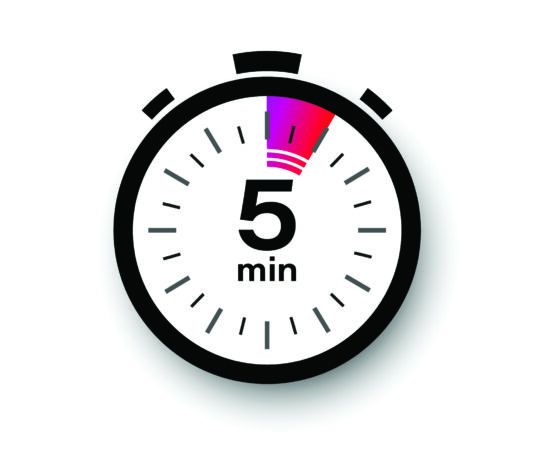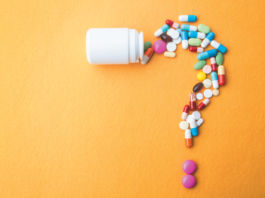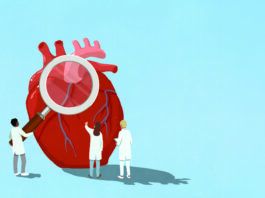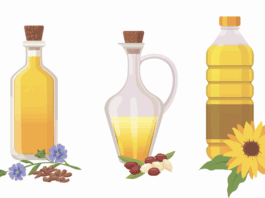Surveying Doctors Supplement Choices
Do physicians take dietary supplements-and if so, which ones and why? A new survey conducted for the supplements-industry trade association the Council for Responsible Nutrition sought answers from 900 physicians, evenly divided among three specialties-cardiology, dermatology and orthopedics
Extra Vitamin E Found Safe Yet Ineffective; Debate Goes On
The good news from a new pooled analysis of 57 studies is that, despite some red flags from previous research, vitamin E supplements are safe and dont increase the risk of death. But neither do the once-highly touted supplements help you live longer, the review reports, despite hopes their antioxidant effects might fight chronic disease. Calling their meta-analysis the largest and most inclusive to date, scientists concluded in Current Aging Science that vitamin E supplementation cannot be endorsed as a means of reducing mortality
Trans Fats Tied to Depression Risk
Could trans fats be making you blue-and not just because of their dangerous effects on your heart health? A new Spanish study of more than 12,000 men and women reports that those consuming the highest level of trans fats were 48% more likely to suffer from depression. People consuming the most healthy poly- and monounsaturated fats, on the other hand, saw a lower incidence of depression
No Joke: Prunes Work Better vs. Constipation
Long the object of jokes, prunes may now have the last laugh. New research demonstrates that prunes (dried plums) are more effective than psyllium fiber in combating constipation
Berries Linked to Lower Parkinsons Risk
Plus new clues to the disease from ibuprofen and vitamin D. Three new studies are shedding light on the mysteries of Parkinsons disease, one of the most common nervous system disorders with aging. A neurodegenerative brain disorder that leads to tremors and difficulty with movement and coordination, Parkinsons most often develops after age 50; 50,000-60,000 new US cases are diagnosed annually
1 in 3 Low in Vitamin D
One-third of Americans are at risk for vitamin D inadequacy or deficient in vitamin D, according to a new report from the CDC. Using data from the National Health and Nutrition Examination Survey (NHANES) from 2001-2008 on more than 24,000 people, the report said 24% of adults and children over age 1 were at risk of inadequacy
Leisurely Meal Doesnt Deter Snacking
A long, leisurely meal may not discourage snacking, despite increased satiety and lower levels of hormones associated with hunger. The availability of sweet and salty snacks, Dutch researchers report, seems to override the bodys internal messages to stop eating
European Study Finds No Extra Bladder-Cancer Risk for Meat Eaters
In a rare bit of good news for red-meat lovers, a study of nearly a half-million people from 10 European countries has found no link between eating red or processed meat and risk of bladder cancer
Omega-3s Might Help Protect Against Muscle Loss with Aging
A new National Institutes of Health-funded study holds out the first glimmer of hope that high doses of omega-3 fatty acid supplements might counter the degenerative muscle loss that leads to frailty in the elderly
Findings Cast Doubt on Glycemic-Index Appetite Effects
Fad diets have touted using the glycemic index (GI)-a measure of how quickly a food boosts blood sugar-as a magic bullet for targeting weight loss. But science keeps finding that the facts are more complicated

























